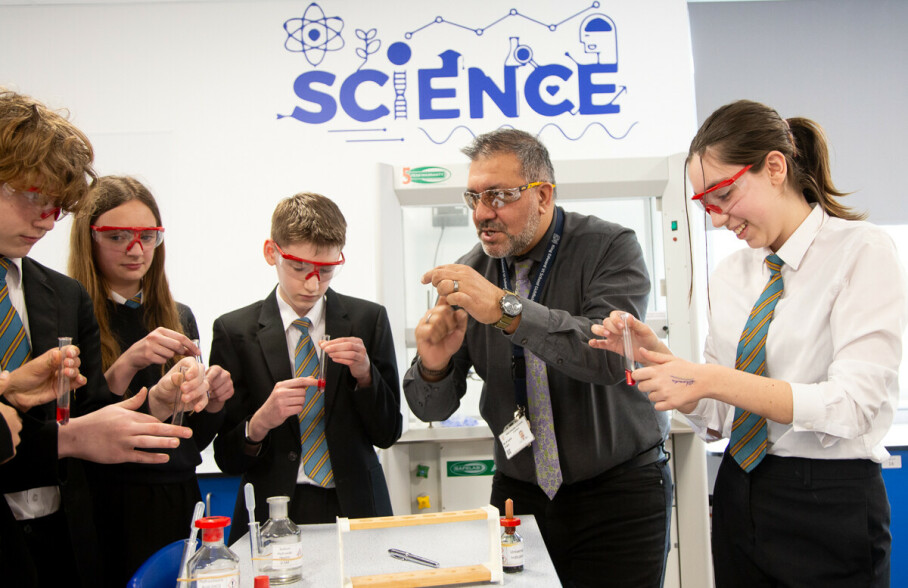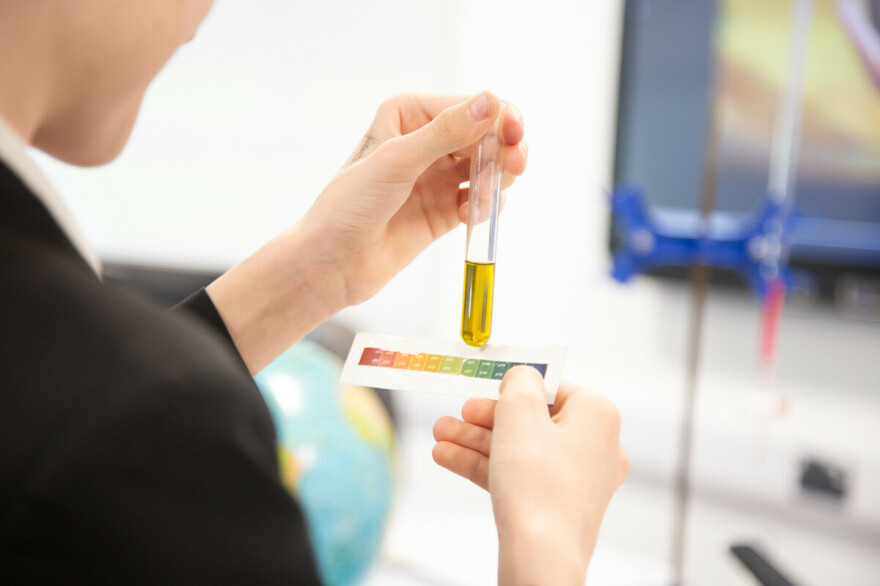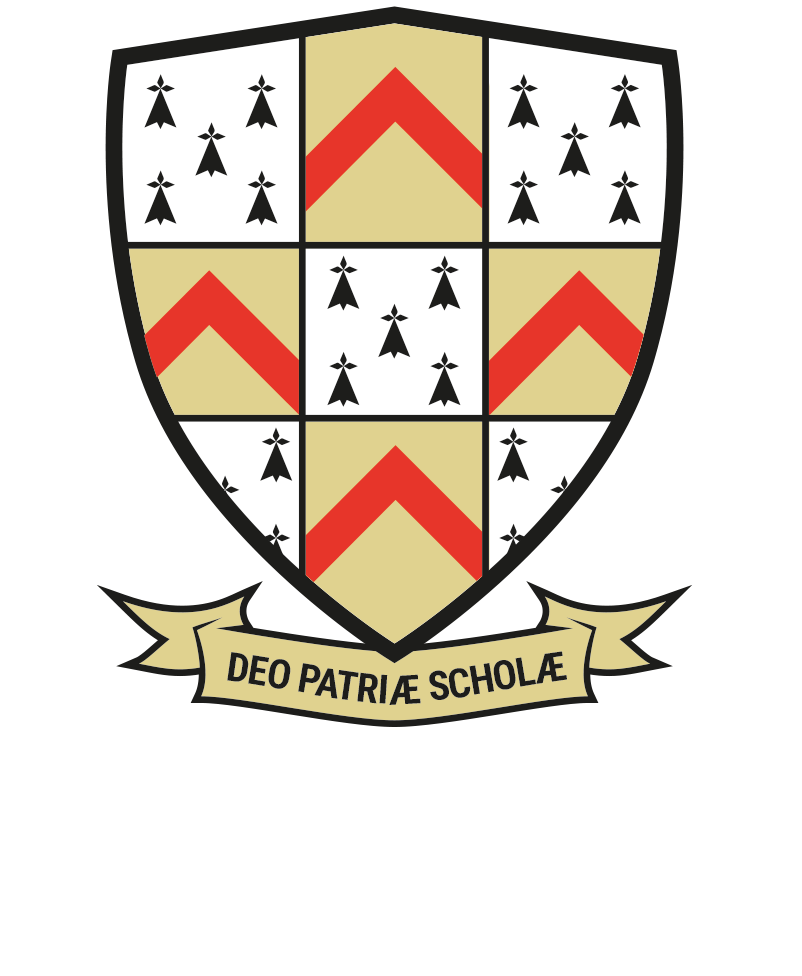Science
Curriculum overview
Science is everywhere in today’s world. It is part of our daily lives, from cooking and gardening, to recycling and comprehending the daily weather report, to reading a map and using a computer. The advances in technology and science are transforming our world at an incredible pace, and our children’s future will surely be filled with leaps in technology we can only begin to imagine. Being “science literate” will no longer be just an advantage but an absolute necessity. We can’t escape from the significance of science in our world.
Overall intent
To inspire students to become more systematic and critical in their approach
The Science curriculum aims to prepare our students for their future, giving them the relevant knowledge, skills and competencies required to address various challenges facing the world such a climate change, a shift in thinking of global health and the advancements in Artificial Intelligence.
But not everyone understands that, or has been taught to think critically, or been provided with the tools to analyse and test a problem or situation, hence at King Edward VI School, Lichfield we see studying science as a five year journey which aims to foster within students, a passion for the subject. We aim to develop independent enquiry skills and build on student’s natural curiosity, in order to make them more systematic and critical in their approaches to scientific phenomena. Students should be able to know more and do more.
Students will be taught a carefully planned sequence of essential concepts, knowledge, skills and principles which they consolidate, develop, revisit, link together, practise and apply throughout their learning. There are also tasks incorporated throughout the five year journey which enables them to apply and extend their knowledge to familiar and unfamiliar contexts alongside working scientifically.

Embedding literacy
Throughout the course there are ample opportunities for students to practice and improve their literacy skills. Within teaching we ensure high frequency unfamiliar, vocabulary are explicitly taught by helping students to understand the root word by splitting it down into their constituent parts. This gives them the confidence to interpret new words when encountered both within science and the wider curriculum. As experienced practitioners we model comprehension skills and promote reading for pleasure.
Encouraging independence
Effective and pertinent practical activities are at the heart of the curriculum here at King Edward VI School, Lichfield and we pride ourselves in our ability to effectively deliver them and use every opportunity for the students to improve their independent enquiry skills right the way through the key stages. We feel practical activities support and consolidate scientific concepts, develop transferable skills and build and master practical skills.
The Physics department has recently been awarded Isaac Physics Embedded School status at Gold level by Cambridge University. Awards are made to schools in which teachers have set Isaac Physics assignments regularly to students over the previous academic year.
Fieldwork and enrichment
There are various enrichment activities depending on the key stage. At Key Stage 3 we tend to organise trips to science fairs to enthuse our students and organise STEM. Key Stage 4 Physics will enter the students into the Olympiad and Chemistry enters the Top of the Bench Competition.
Key Stage 3 Curriculum
Key Stage 4 Curriculum
The current curriculum follows the AQA specification for either Separate Sciences or Combined Science. The current specification is a two-year course that comprises terminal examinations. This specification was chosen because it encourages the development of knowledge and understanding in science through opportunities for working scientifically. That theme is woven through the specification and written papers.
Within the Separate Science course for each discipline the students sit two one hour and 45 minute papers which are both worth 50% of the GCSE grade, whereas the Combined Scientists sit six one hour and 15 minute papers each worth 16.6% of the GCSE grade. Regardless of the course all papers consist of multiple choice, structured, closed short answer and open responses. There is also a variety of skills used and examined making it a challenging yet engaging course.
GCSE Combined Science - Biology Curriculum
GCSE Combined Science - Chemistry Curriculum
GCSE Combined Science - Physics Curriculum
GCSE Triple Science - Biology Curriculum
GCSE Triple Science - Chemistry Curriculum
GCSE Triple Science - Physics Curriculum

Staff
The following members of staff form the Science department at King Edwards:
| Staff Member | Job Title |
|---|---|
| Mrs J Bryant | Head of Science |
| Mr J Phillips | Head of Chemistry |
| Mr B Mills | Head of Physics |
| Mr K Chohan | Teacher of Science |
| Mr P Ellerington | Teacher of Science |
| Miss L Farrington | Teacher of Biology |
| Mr C Fogarty | Teacher of Science |
| Mr R Gohil | Teacher of Science |
| Mr D Hardy | Teacher of Science |
| Mrs R Hardy | Teacher of Science |
| Mr S Hensley | Teacher of Science |
| Mrs H Ridgway | Teacher of Science |
| Mr R Tyler | Teacher of Science |


